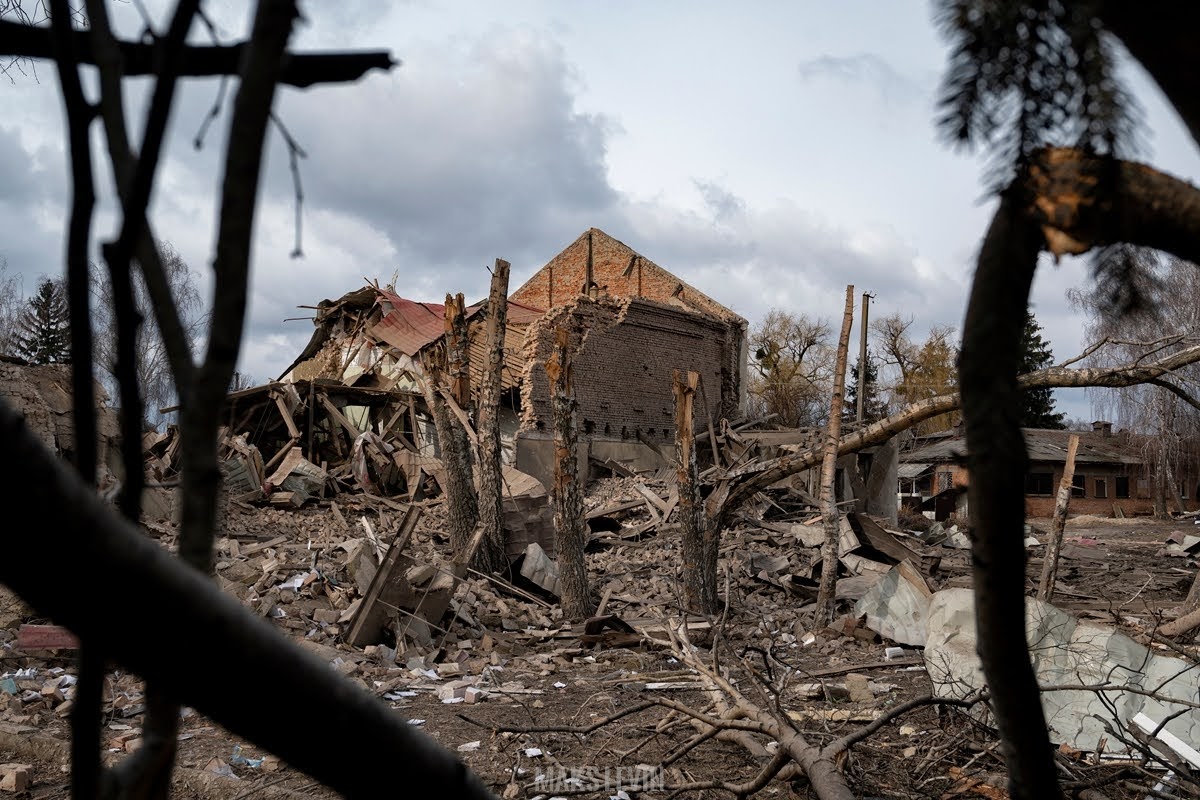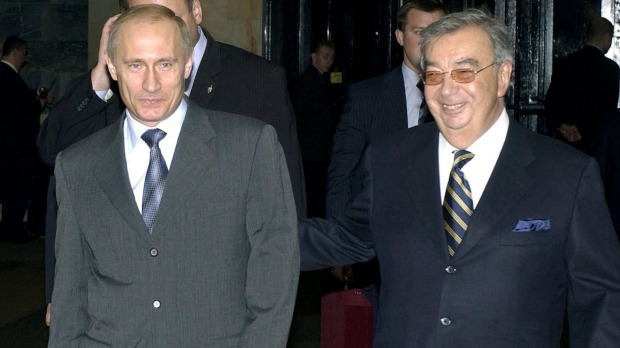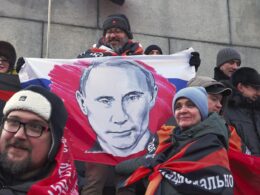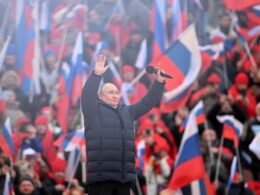It is impossible to imagine that Soviet leaders would ever have used the language the Putin regime is using now about Ukraine or to have done so with such a lack of shame, Aleksandr Skobov says. And as a result one must conclude that the ideological gap between Russia and the West is far greater today than it was before 1991.
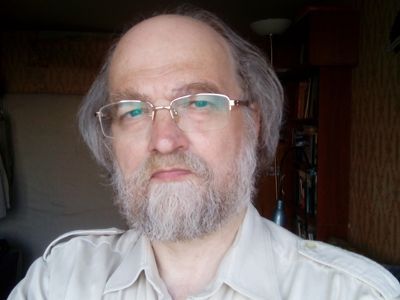
(Image: kasparov.ru)
The Putinist ideological vision is like feudalism, the Russian commentator says. For it, “there is no land without a lord, no man without a master, and no country with out a master. And that master is not her people or even a foreign one. The owner of any country is ‘the ruling elite’ which the people overthrow.”
Related: Putinism is the post-industrial form of fascism, Skobov says
Given that vision, Skobov continues, “there is not and cannot be any equality of peoples and there is not and cannot be any freedom for peoples to choose their allies” abroad or their elites at home. Such suggestions are completely at odds with the Yalta Declaration and the Universal Declaration of Human Rights adopted by the UN in 1948.
The Putinist vision is feudal; the other bourgeois, he argues. “The first is traditionalist; the other modernized. One is conservative; the other liberal.” And this means that “we must recognize that the conflict [between Putin and the West] bears a systemic character and has an ideological form.”
During that conflict, he continues, the two sides remained ideological “relatives.” That is, both based their approach on the values of the Renaissance and the Enlightenment. “Both fought for freedom and equality,” however much they differed on what that meant. But they were fighting over the same things, rather than one side rejecting in toto the position of the other.
Related: Putinism is a genuinely new threat and not simply a revival of earlier ones, Yakovenko says
One can debate tactics about how to oppose what Putin is promoting, Skobov concludes; but it is essential that “the leaders of the Free World recognize their strategic tasks.” They must recognize that what they stand for and what Putin does means that “the Putin regime is their existential enemy with whom compromise is impossible.”
Read More:
- Only military defeat in Ukraine can stop Putin from pursuing his larger goals, Skobov says
- From Brexit to EU-kraine: 21st-century European unity relies on solidarity of former Soviet states
- 10 steps to knock down Russia in the energy sector
- How Ukraine has continuously fought for European values
- Amplify Ukrainian voices, not Russian ones
- Moscow issues slide show for Russian schools to teach pupils to hate Ukraine
- 141 to 5 – the measure of Russia’s isolation as a result of Putin’s war
- “Russian” combat losses in Ukraine appear to be disproportionately non-Russians or ethnic Russians from rural areas

